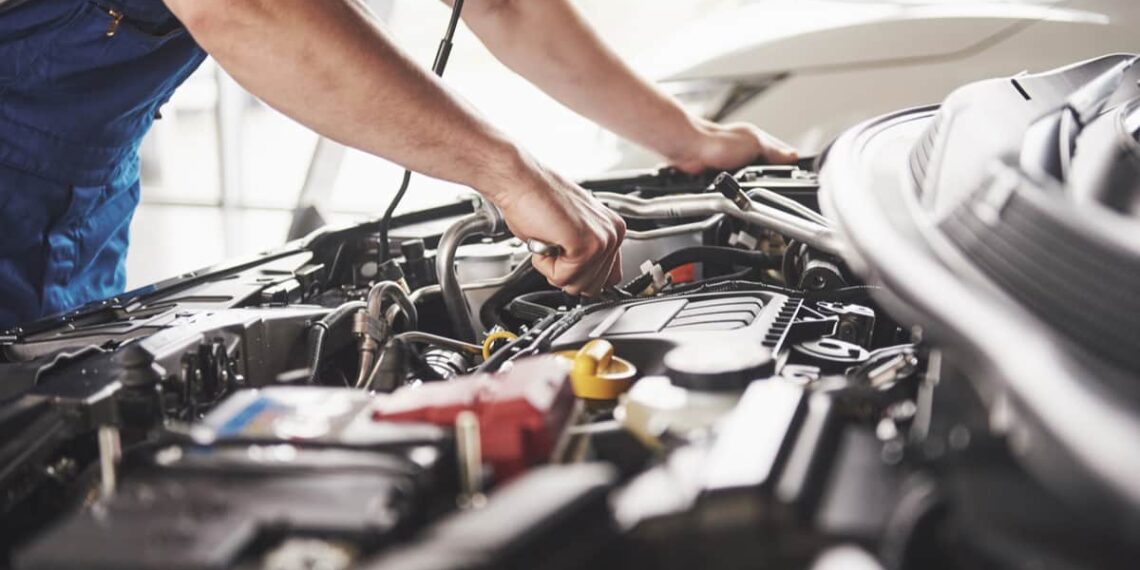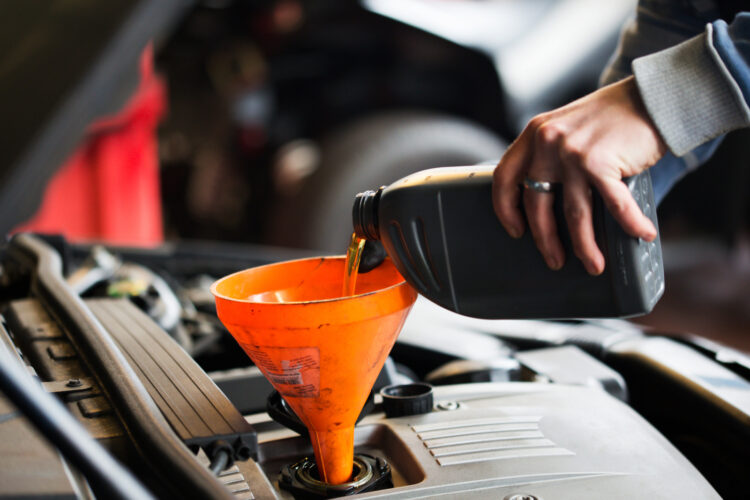Everyone takes care of their car very well. At least they try to based on all the information available for them. But there are a lot of things which lead to wastage of money especially if you blindly follow the mechanic’s advice. The idea is to be vigilant enough to understand how everything works so that you know how much to spend.
There are many changes when someone is being overcharged and they do not even know it. It is best to choose the right method of approaching maintenance which does not waste money either. In this article, we have listed multiple ways in which you tend to waste money on regular car maintenance.
Changing The Oil Every 3,000 Miles
Following outdated advice can do you more harm than good. You will end up wasting money if you follow this one which recommends changing the oil in the vehicle every 3000 miles. It is common knowledge but does not mean it is still applicable. This advice is from the time when the oils were not of very good quality.
They lead to constant changes for better performance of the vehicle over long distances. But since then, technology and services have improved. Oils have now become more efficient which means they will last longer than the staple 3000 miles. Frequent changes are only required in case the vehicle has been used to pull heavy weights or have been in extensive use over the years.
Now, the best case scenario in such a situation is to read the manufacturer’s guide which helps you understand the frequency of oil change. In today’s world, the time of oil change is typically anywhere between 5000 to 7000 miles. It varies from car to car so verify with the manufacturer beforehand.
Scheduling Periodic Tune Ups
At the time you get any kind of servicing done, the mechanic gives out a lot of free advice. One of them is to schedule regular tune ups. The idea to schedule regular tune ups is very interesting and may even seem appealing to any driver who wants to keep their service; in a good condition.
But even if this sounds like good advice, you might end up spending money which could have been spent better elsewhere. The cars in the old times were not sturdy and issues needed to be checked manually. Even if your new car has used auto parts, you would not need tune ups regularly if they are of good quality. For more information visit https://www.usedpart.us/
But now, many cars have automated systems that keep monitoring the performance of various parts which allow them to notify the driver in case any issue pops up. The need for tune ups is reduced to the point where it is negligible. If you would still like to schedule them, twice a year is more than enough.
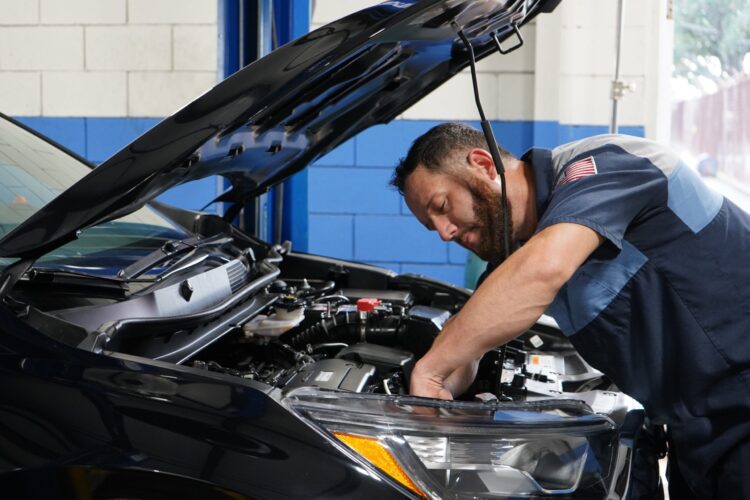
Paying For Repairs at Dealerships
It is natural to only trust the dealer who has sold you a new vehicle to you. So, if any issue pops up, the first one you will be going to will be the trusted dealership. But this is wrong on many accounts. Repairs would be needed anyhow and there is no guarantee that they would give you a discount.
The repairs might be done well but can have them done at any independent mechanic’s auto shop at a reduced price too. The dealership is there to make a profit and they will use you as their tool for the same. It is important to be very vigilant about how you are spending your money.
The best thing to do in such a case is going to an independent mechanic and getting argh estimate of the issues that need to be treated. Ne can then go to a dealership and see what their verdict is. Compare the pricing and the maintenance approach to see which idea suits you best.
Going for Mileage-Boosting Additives
There are many types of devices that a particular mechanic might recommend any time you bring up the issue of inefficiency and poor mileage. One also sees mileage boosting additives and devices being used in professional races.
They can be very misleading to the common public. There is little to no proof that they actually work and one should not heed to such false advertising and save money on the same. Experts recommend being very skeptical of such random devices that an auto mechanic will push on you.
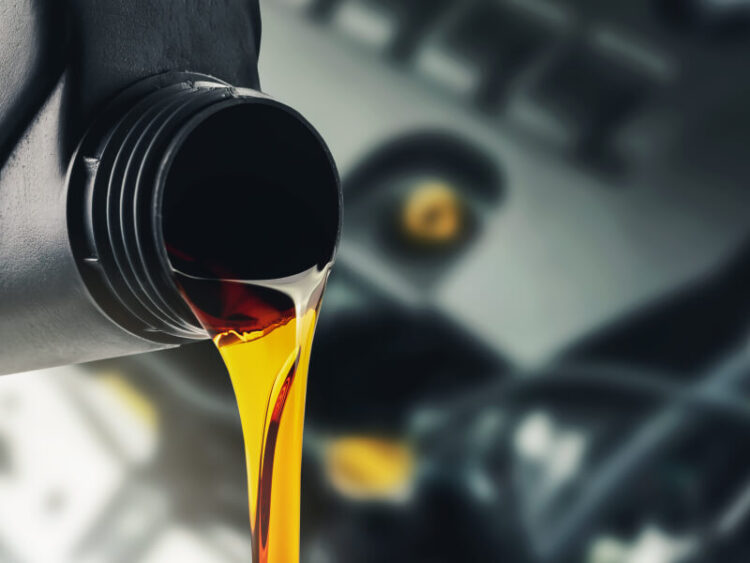
Changing The Coolant
Unnecessary expenses add to the bill which could have been presented to a great degree. Changing the coolant before its time is one of those expenses, much like changing the oil before it is required. The same approach is applied here as it was to the oil which was supposedly old enough after 3000 miles and needed immediate change.
Old coolant versions were not very efficient and needed regular changes after being flushed out entirely. But efficiency has now changed and the coolant can hold its own for either five years or 5000 miles, whichever comes next. You will do good to replace botheth coolant and the oil together so as to ot remember the specific date of the both of them.
Spending on Performance Tires
You can save a lot on maintenance if you do not overspend by buying something your vehicle definitely does not require. Performance tires are a purchase which is recommended for having a better grip at the roads.
They are mostly used for specialised purposes and obviously do a good job but you are going to be driving on regular roads which are built for regular tires. Try not to be misled and do not spend twice as much on tires when it is time for a change.
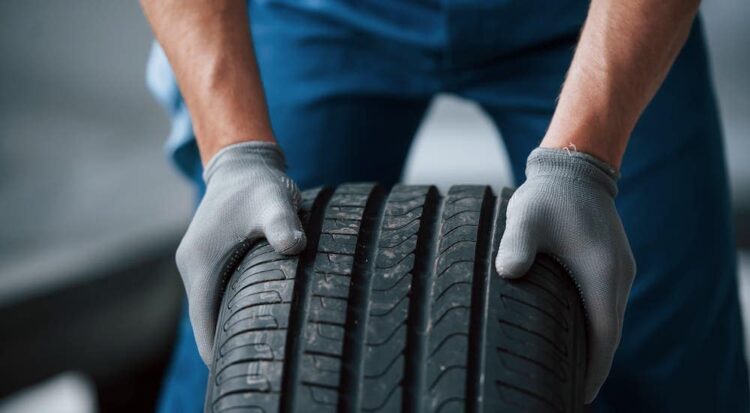
The Takeaway
We hope that all of these methods have you realize how much money you can save on car maintenance. Car maintenance and servicing has to be done periodically which cannot be compromised with. Be aware and do some research so that you do not spend more than needed.

